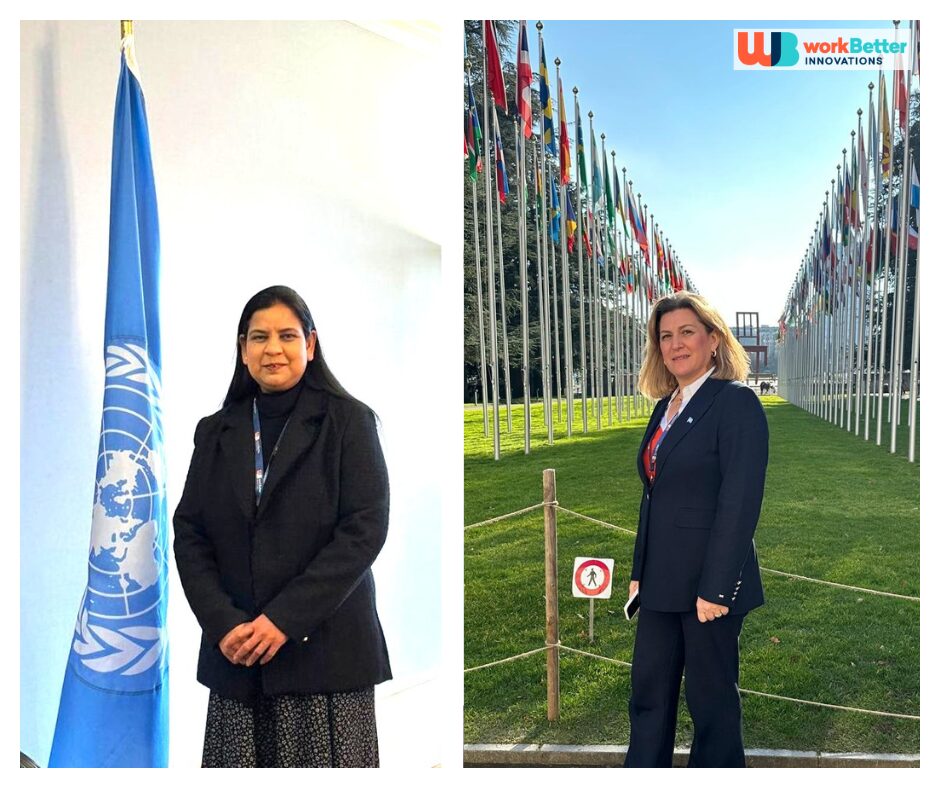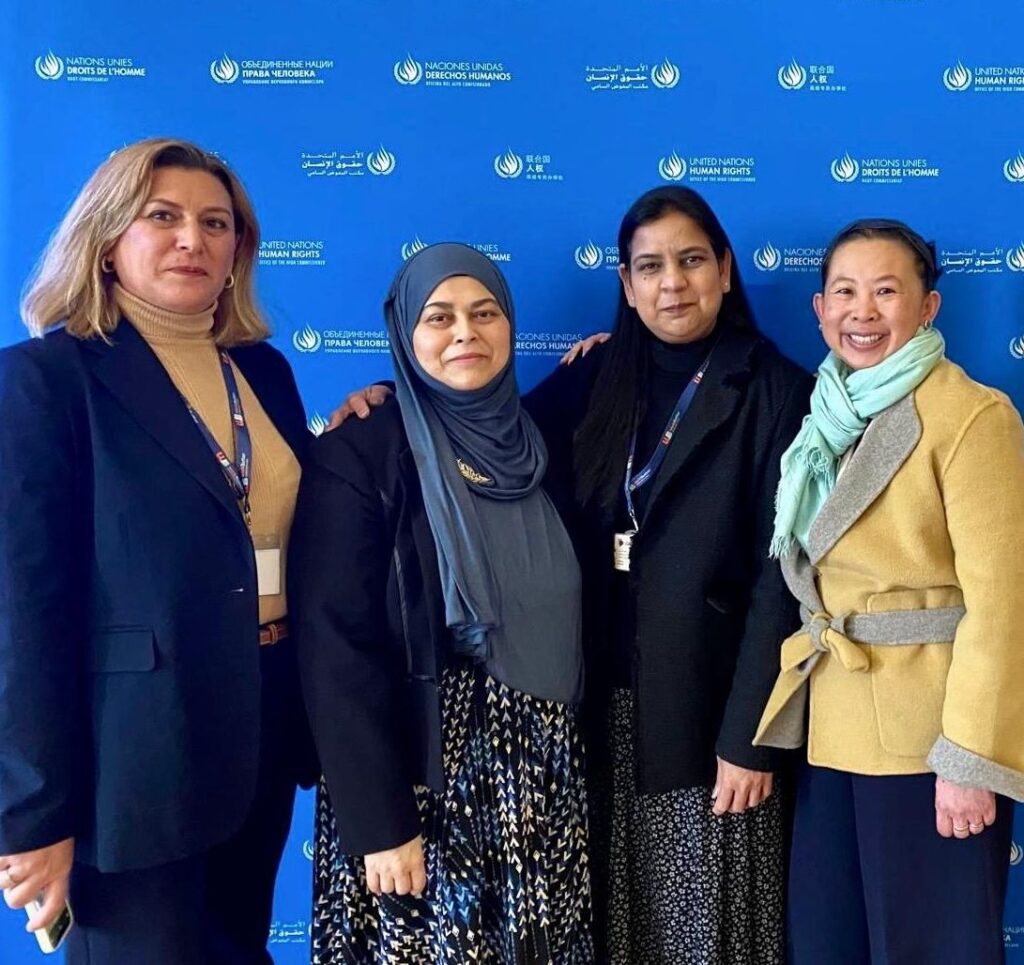3 November 2023. WBI welcomes the release of the policy paper “Proposal by the Regional Civil Society Consultation for the ASEAN Guideline on the Placement and Protection of Migrant Fishers and Their Families,” with contributions from 25 organisations, including WBI.
The two NGOs, Better Engagement Between East and Southeast Asia (BEBESEA) and the Human Rights Working Group (HWRG), recently published a set of civil society proposals for the protection of migrant fishers and members of their families, following a regional civil society consultation held in Jakarta during August 2023, in parallel to the intergovernmental 43rd ASEAN Summit.
WBI is honoured to have participated in this process by sharing our expert views on the issue of human rights and labour rights protection for migrant fishers. You can read about some of WBI’s recommendations here.
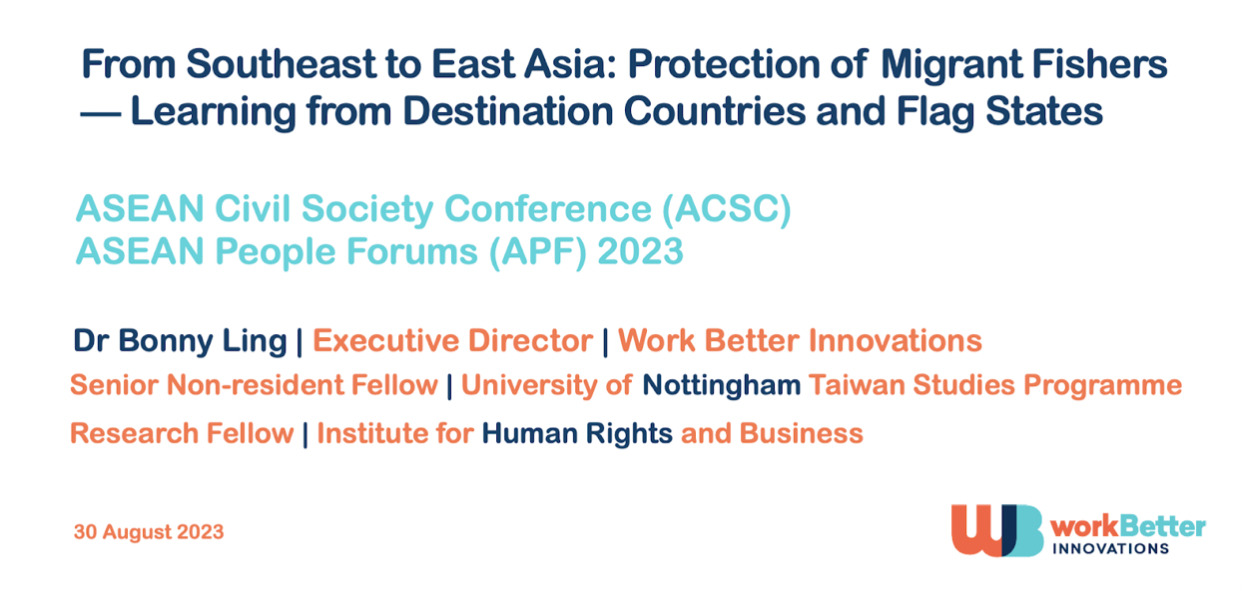 [Screenshot of WBI’s Presentation by Dr Bonny Ling]
[Screenshot of WBI’s Presentation by Dr Bonny Ling]
The civil society consultation sought recommendations for the further development and implementation of the ASEAN Declaration on the Placement and Protection of Migrant Fishers and their Families (the “ASEAN Declaration”).
The consultation was undertaken to ensure the development of the Guidelines. Their implementation includes input based on a participatory and rights-based approach, focusing on prevention, protection, and remedy of all forms of rights violation, while responding to the root and structural causes of such abuses in the fisheries sector.
Regional Context
While the ILO Work in Fishing Convention 2007 (C188) addresses labour standards in fishing, only 21 state signatories have ratified it, out of which Thailand is the sole ASEAN member state. The ASEAN Declaration is a significant step towards the effective implementation of international instruments, regional frameworks and national laws to protect migrant fishers.
The Proposal urges the ASEAN Member States to “ratify, adopt and align with the ILO Work in Fishing Convention 2007 (C188) to ensure uniform labour standards across the region, prioritising decent working conditions, safety, and health for all fishers, irrespective of nationality and migratory status.”
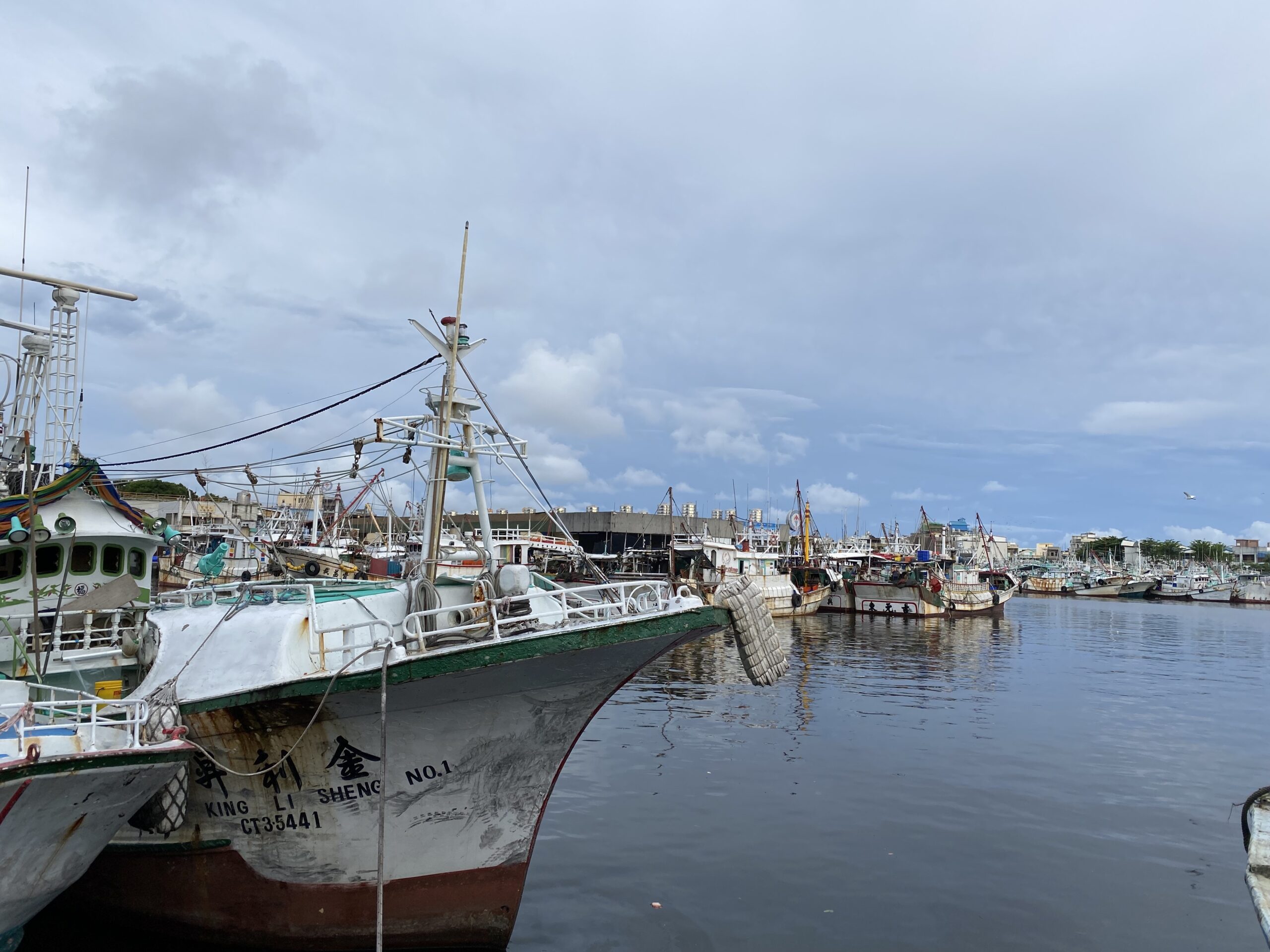 [Photo Credit: Dr Bonny Ling. August 2023, Taiwan.]
[Photo Credit: Dr Bonny Ling. August 2023, Taiwan.]
Civil Society Consultation
The earlier civil society regional discussions identified six main categories of vulnerability facing migrant fishers:
1. Vulnerabilities and Legal Challenges
2. Recruitment and Placement
3. Working and Living Conditions
4. Labour Organising
5. Decent Work and Social Protection
6. Right to Remedy and Access to Justice
WBI’s recommendations fed into the development of the final Policy Proposal, in particular the importance of building a broader regional solidarity for international advocacy. We believe a stronger and more active tripartite dialogue between governments, employers and worker representatives is needed in ASEAN.
On Debts in Recruitment
The Civil Society Proposal states that “the national laws and regulation should eliminate recruitment fees and related costs charged to migrant fishers and ensure that the ‘Employer Pays Principle’ is applied in the placement process.”
As noted by WBI during the consultation, a major cause of forced labour is the charging of recruitment fees to migrant workers, which can create situations of debt bondage and leave low-wage workers vulnerable to forced labour risks in their employment, whether on land or at sea. ASEAN must work towards the elimination of recruitment fees.
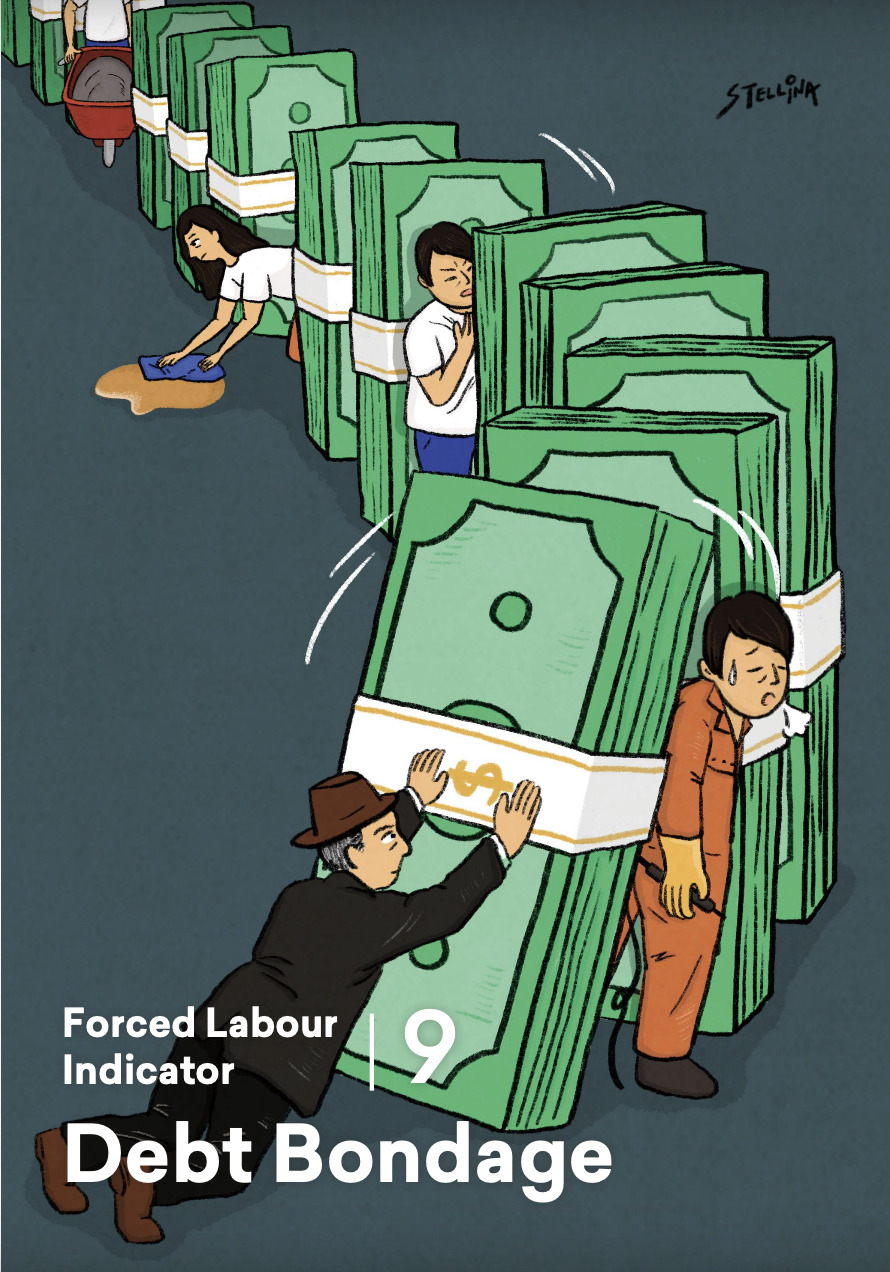 [Illustration by Stellina Chen from WBI’s Guidebook on Forced Labour Indicators for Taiwan’s SMEs.]
[Illustration by Stellina Chen from WBI’s Guidebook on Forced Labour Indicators for Taiwan’s SMEs.]
The civil society proposal further emphasises the need for member states to enhance access to information during the recruitment process:
- clear recruitment processes;
- grievance mechanisms;
- fundamental labour rights;
- working conditions;
- payments and remittances; and
- the holding of personal documentation as a violation of labour rights.
The civil society proposal further urges collaboration with existing intergovernmental mechanisms, particularly the ASEAN Forum on Migrant Labour (AFML), for continuous monitoring and reporting on the employment conditions faced by migrant fishers.
What’s Next
In late October 2023, the Civil Society Proposal was handed over to representatives from the Ministry of Manpower of Indonesia and other stakeholders at the 16th ASEAN Forum on Migrant Labour and the ASEAN Workshop on Development of ASEAN Guideline on Migrant Fishers, held by International Organization for Migration in Jakarta.
We look forward to more campaign activities on greater protections for migrant fishers and members of their families.
With the ASEAN Declaration and the parallel Civil Society Proposal, all released within 2023, we are hopeful to see positive change in this sector.
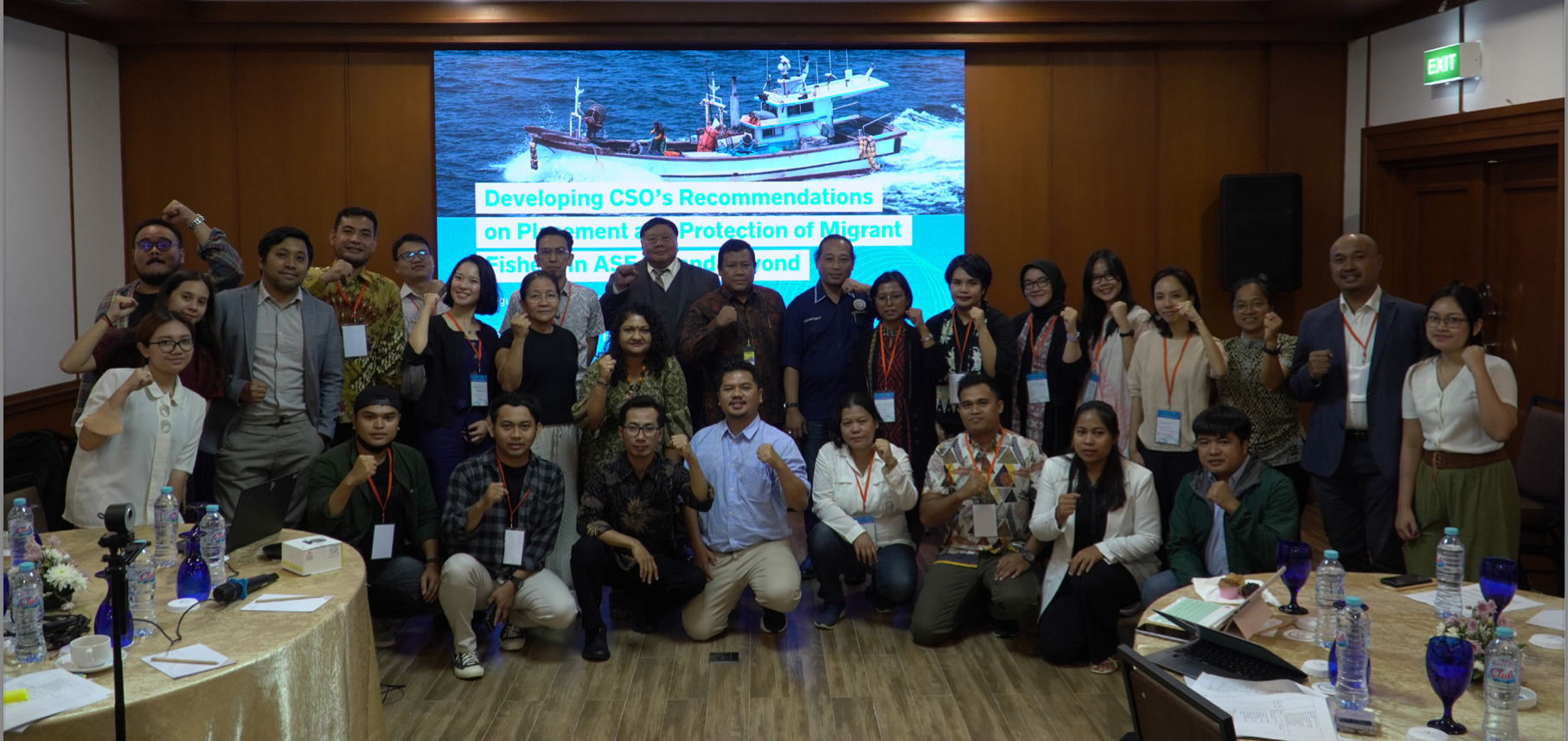 [Screenshot from BEBESEA & HRWG’s Policy Paper]
[Screenshot from BEBESEA & HRWG’s Policy Paper]
Read the full Civil Society Proposal here.


